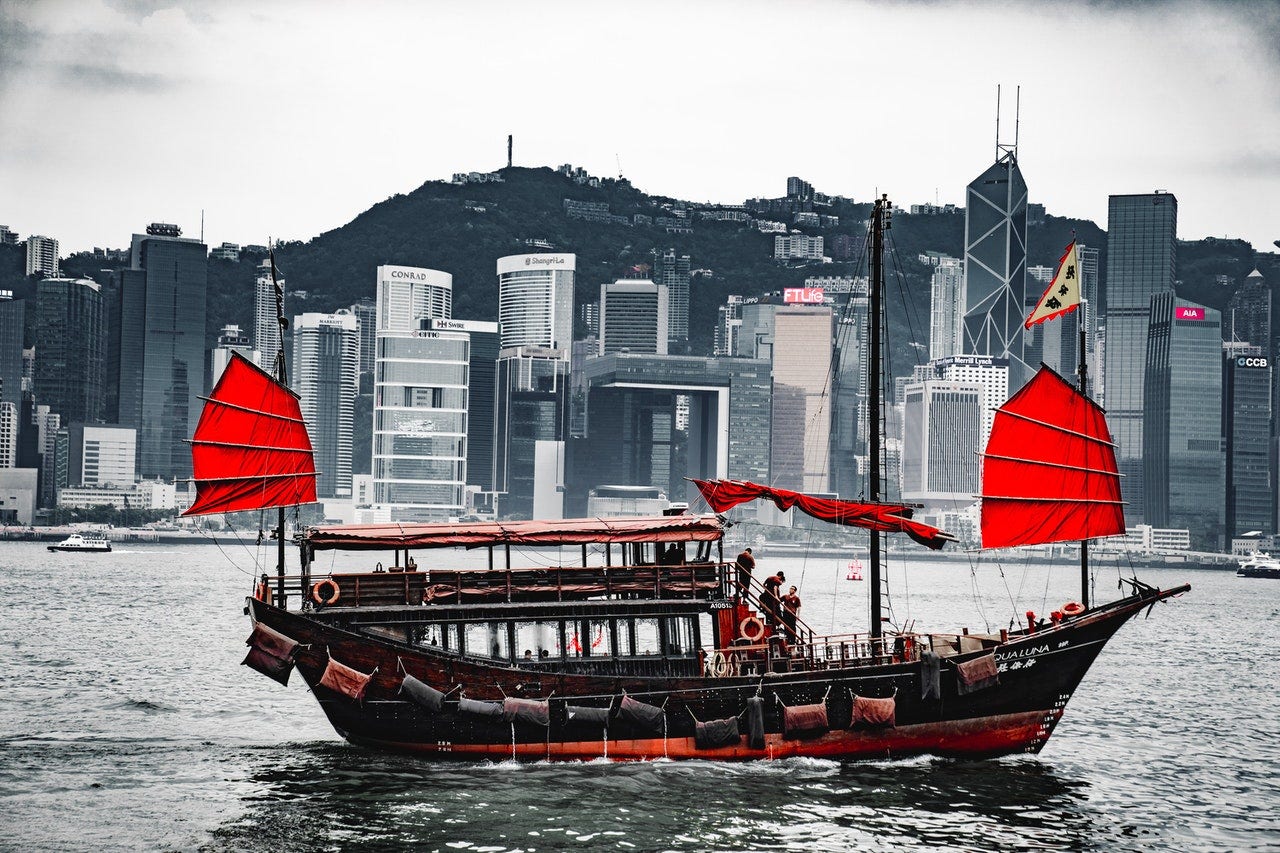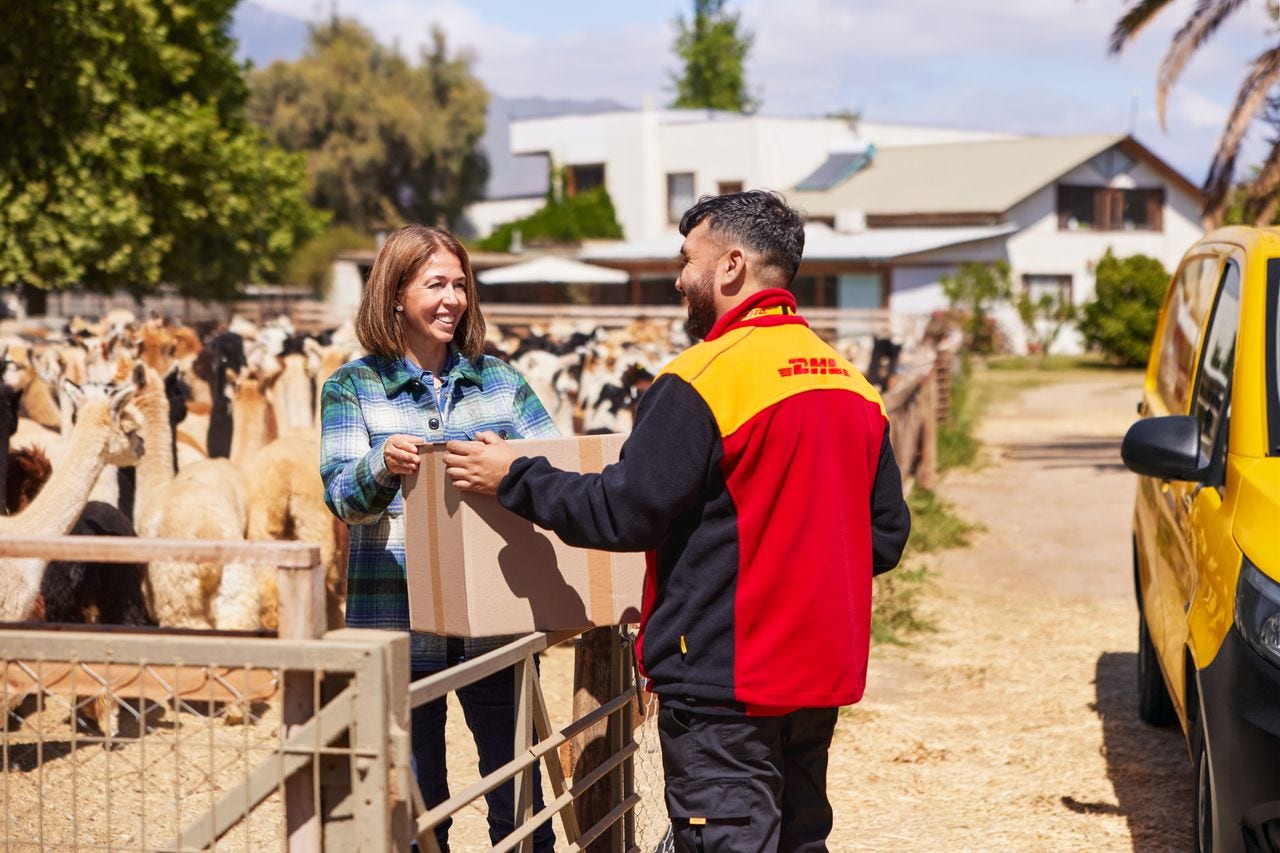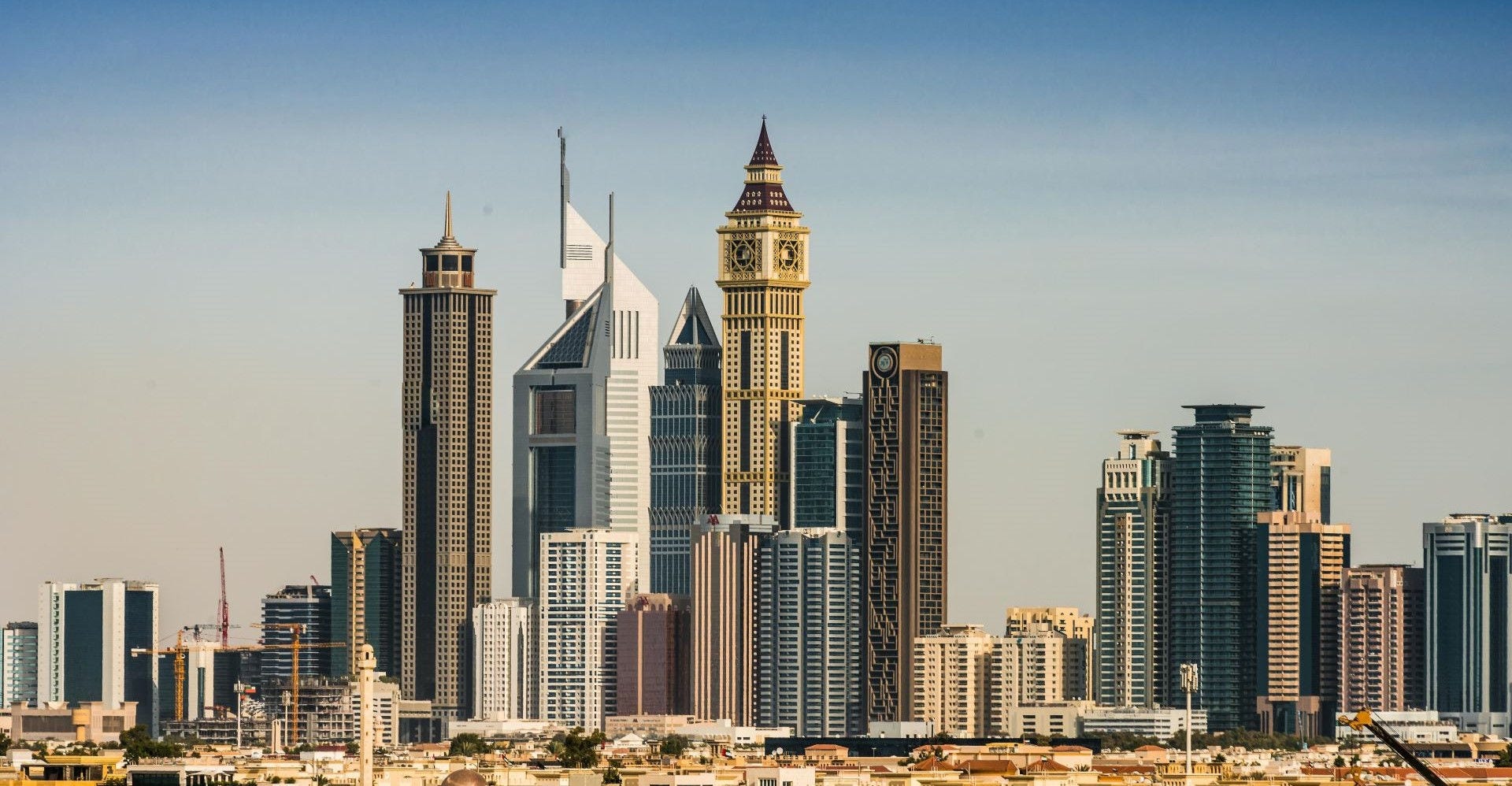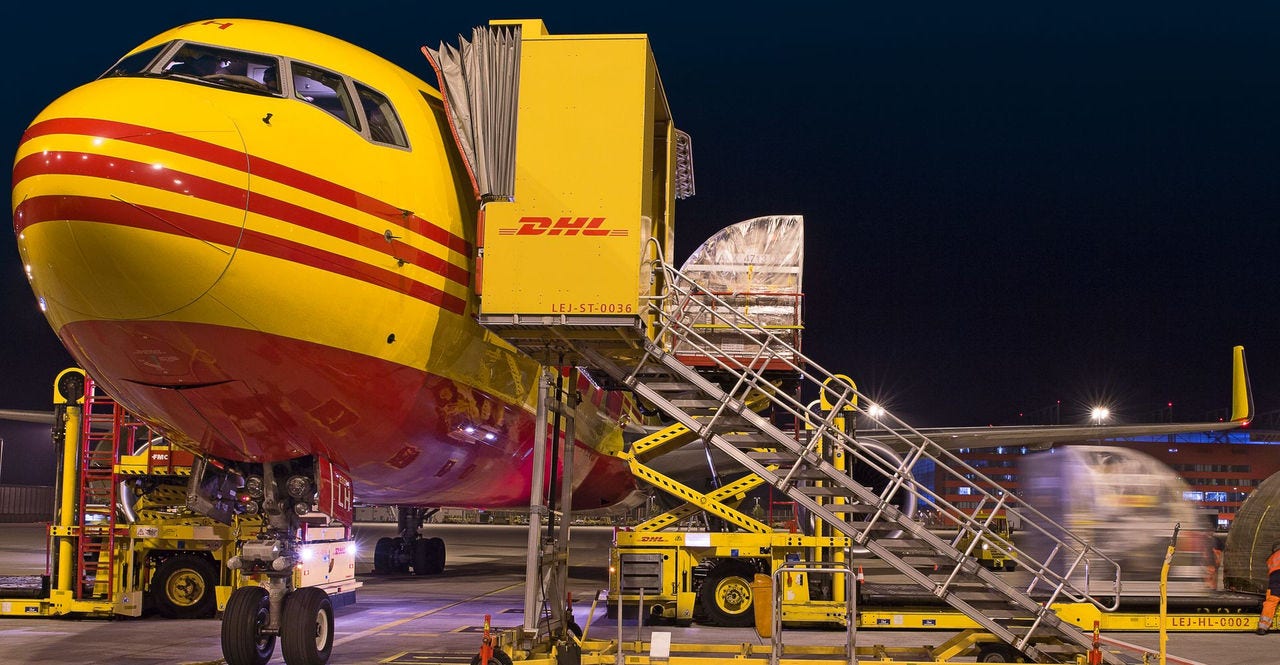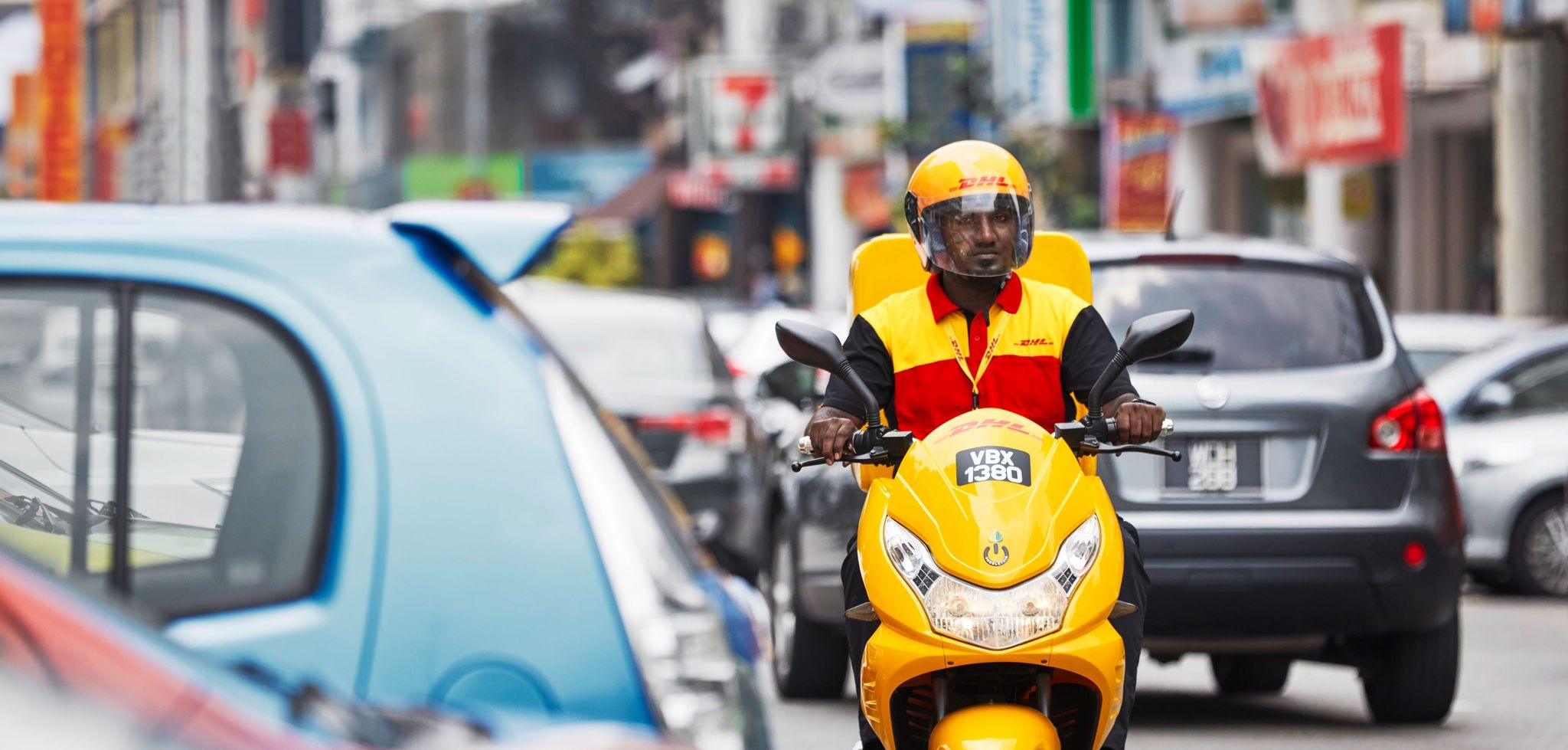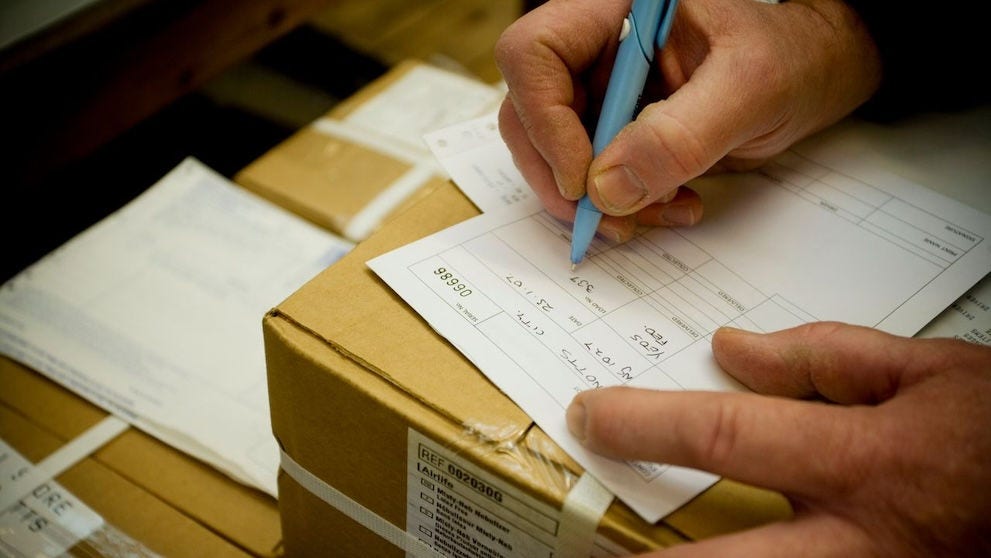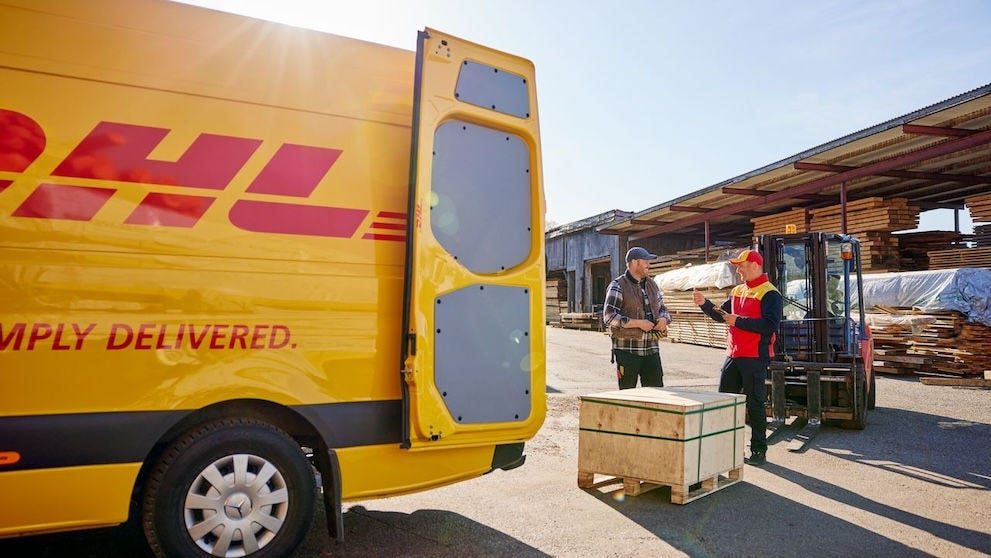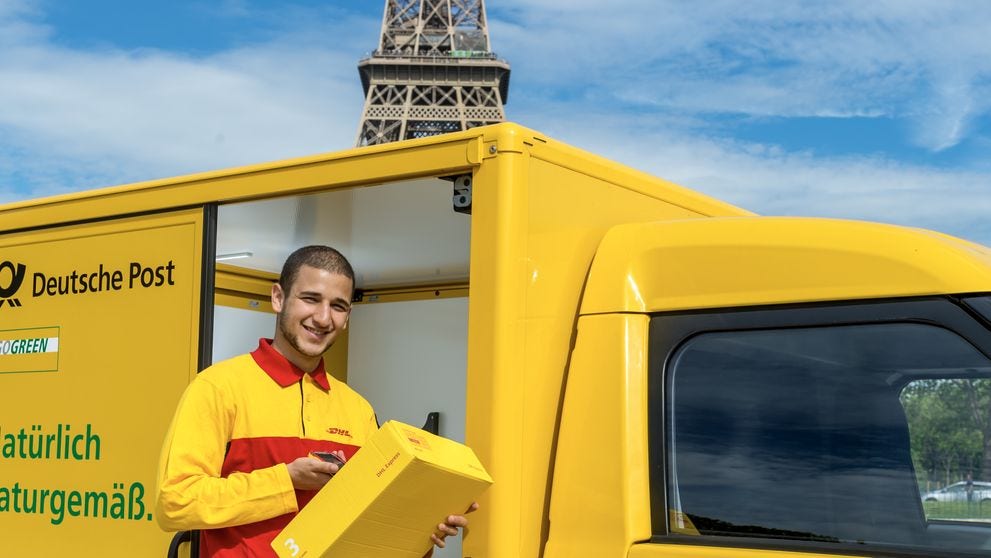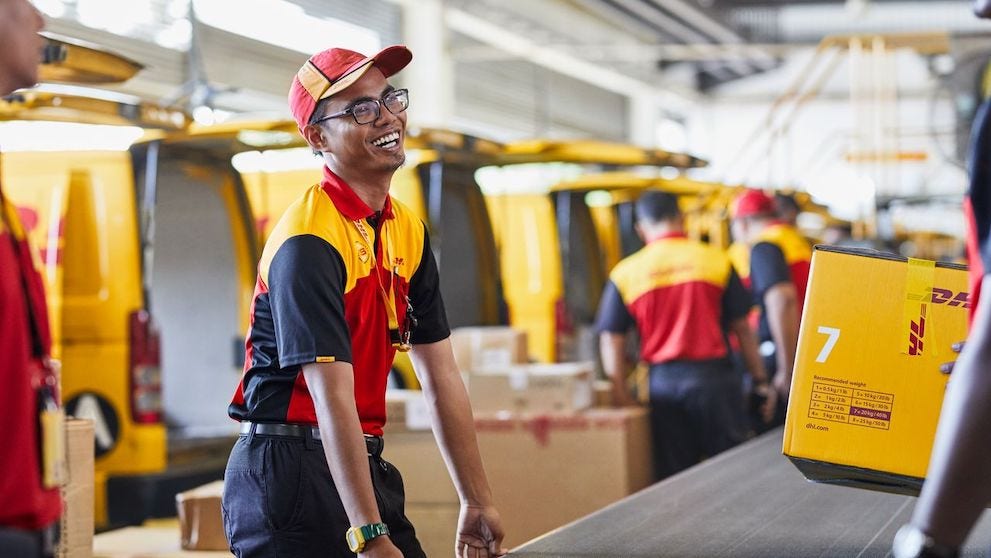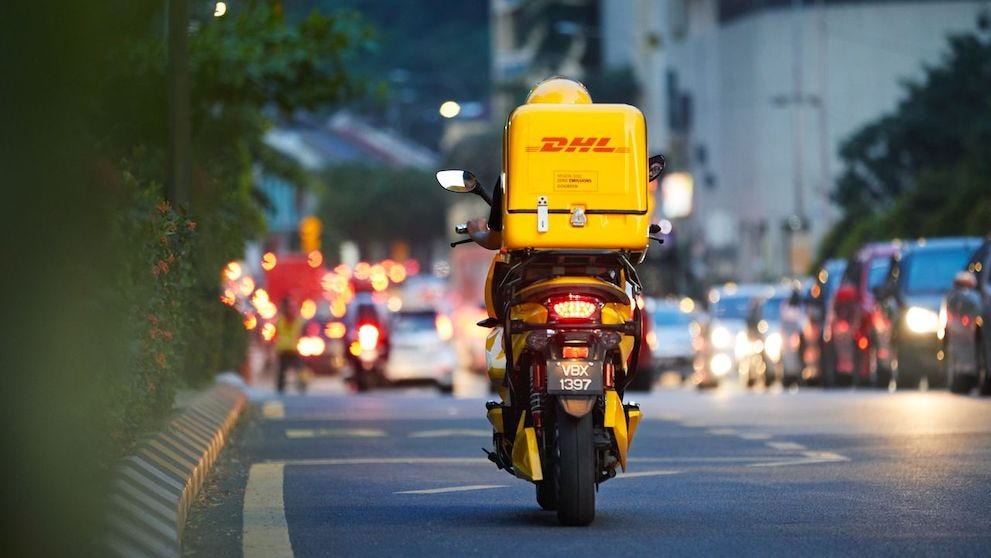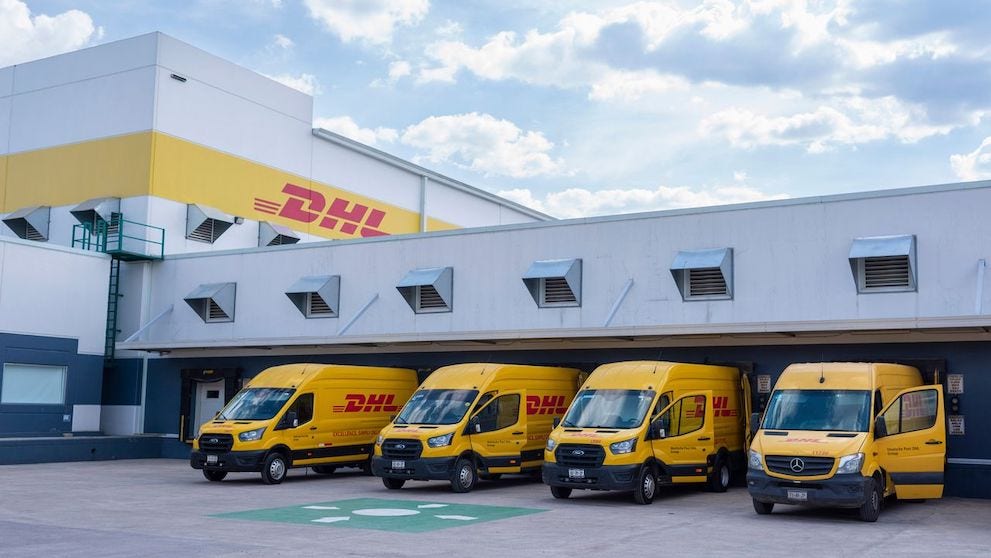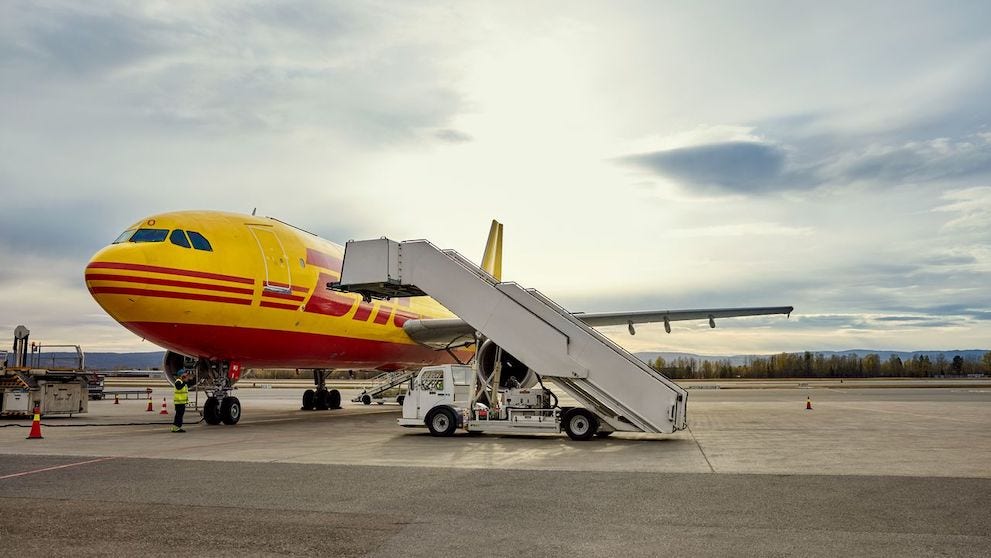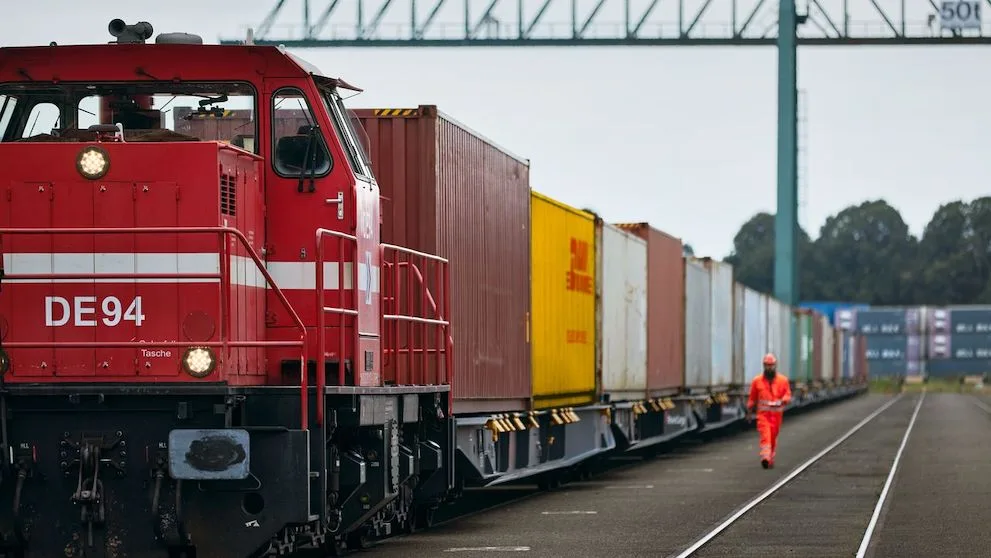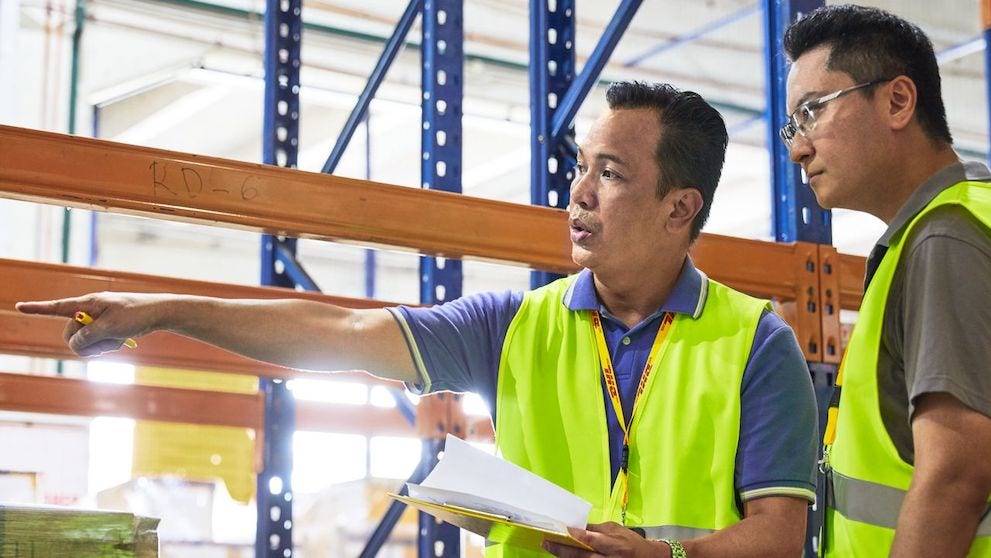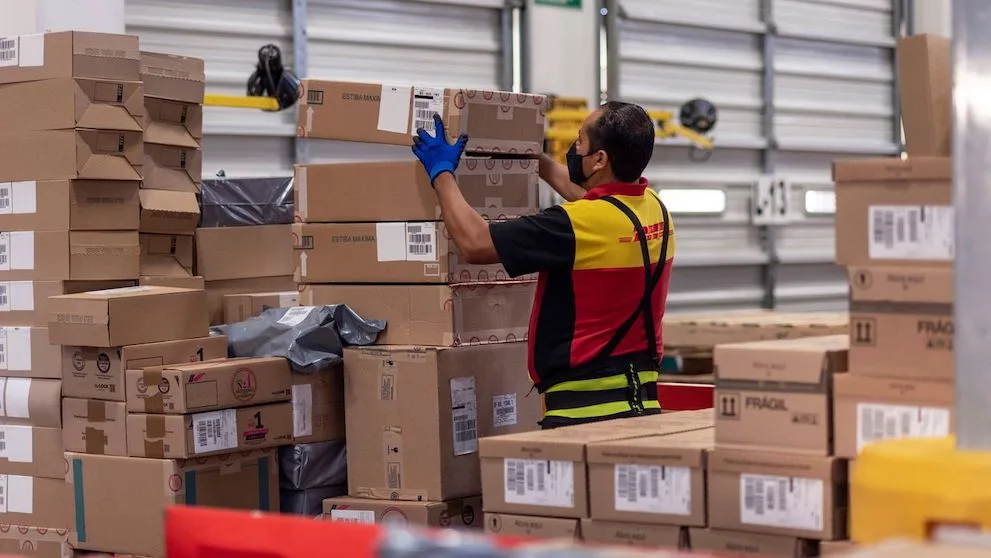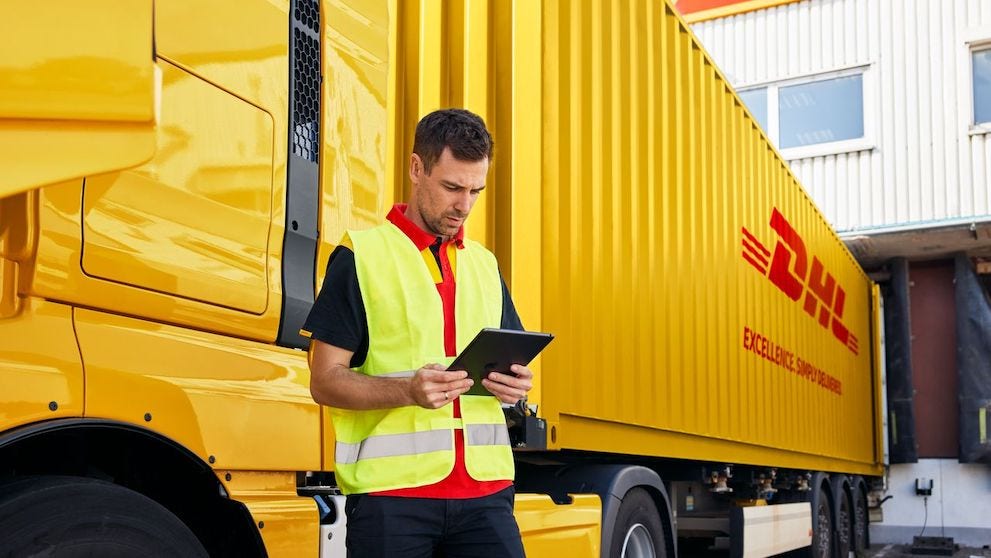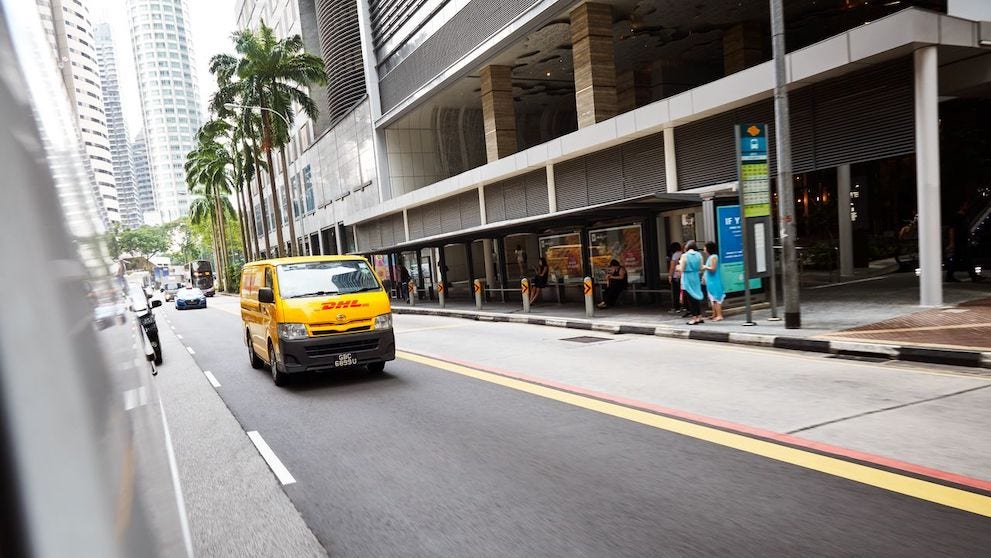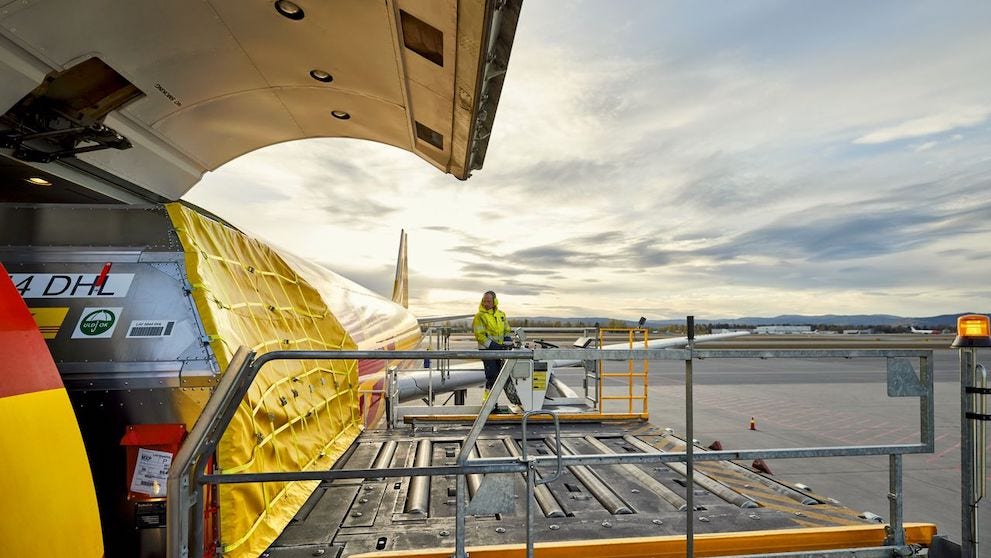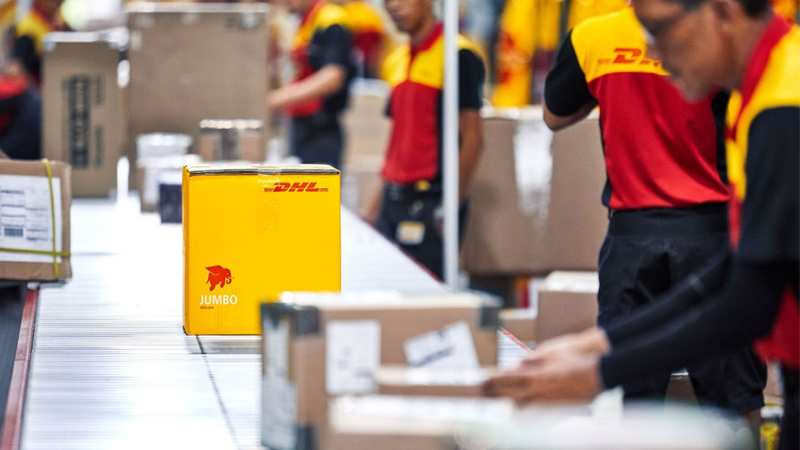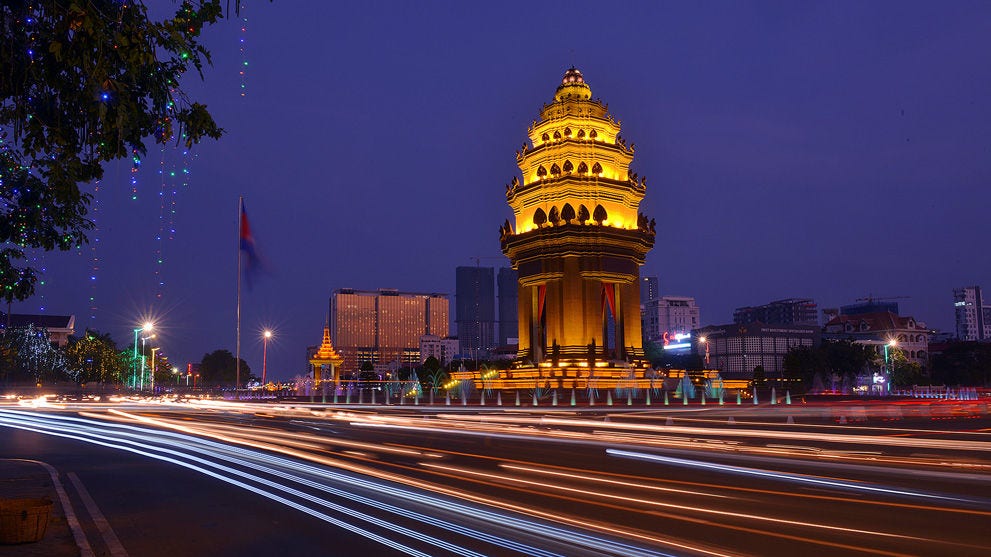
Both Singapore and Hong Kong are open economies and have developed into major international trade and service hubs in Asia. Naturally, both ports have long shared excellent trade relations as well. In fact, as key trading destinations, both Singapore and Hong Kong play a critical role in global trade in the APAC area prominently. However, there are customs regulations you should keep in mind if you’re planning on shipping to Hong Kong from Singapore. Here’s what you need to know –
Customs rules of Hong Kong shipping to abide by
Foodstuff (including grain)
- For importation of rice, the consignee must have an import license from the Hong Kong Trade and Industry Department. There might be a delay of 0.5 - 1 day for license application.
- For importing milk or milk products into South China and Macau via Hong Kong, a formal application for customs clearance in Hong Kong is required. However, 14 working days of customs delay is to be expected, given all the documentation is in place.
- Certain food items are likely to be inspected by Hong Kong’s Food and Environmental Hygiene Department. Here’s what you should keep in mind:
- The shipment should clearly mention the commodity type on the invoice.
- Typical delay expected will not be more than 1 day on account of this inspection.
- When it comes to eggs and egg products, and fresh milk, an import license is required. There could be a delay of 0.5 - 1 day for inspecting the validity of the license.
- An exception is made for canned or dried foods and eggs that are fully cooked or contain one of the ingredients of a compounded food.
- For importing caviar, the scientific name of the product must be mentioned.
- If any food item is listed under the protection of endangered species according to the Washington Convention, it would also require a CITES certificate and an import license or a certificate of origin. Expect a delay of 1 - 2 days for inspection and verification of the same.
- For importing milk, fruits, dried milk, vegetables, and milk beverages from Japan's four locations, namely Gunma, Ibaraki, Chiba, and Tochigi to Hong Kong (and to South China via Hong Kong), radiation and exporter certificates from Japanese authorities are required. For more details, explore this link: https://www.cfs.gov.hk/english/programme/programme_rafs/programme_rafs_fc_01_30_Nuclear_Event_and_Food_Safety.html
Plant products
For importing plants, make sure they are clean of any roots and soil.
For Ginseng (cultivated or feral), an original copy of the Certificate of Origin should be presented upon arrival, along with the total number of pieces of Ginseng. For feral Ginseng, an import license is required.
- For importing seeds, a Phytosanitary Certificate is needed. If the plant/wood products are labelled as endangered species as per the Washington Convention, a CITES certificate would be required. Expect a delay of 1-2 days for inspection.
Alcoholic beverages
For dutiable items, the consignee must have an import license or pay the duties. A Delay of 0.5 - 1 day is expected for duty payment.
- Wine or liquor with an alcoholic strength of not more than 30% by volume at a temperature of 20 degrees, is exempted from paying duty and license requirements.
- For importing alcoholic liquor, it is important to mention the age of beverage, quantity, alcohol content, volume, and brand for exemption proof, license application, or calculation of duty rate.
- For each dutiable item moving through Hong Kong, a sea or land permit is required for shipping to the final destination. Expect a delay of 4 - 5 days.
- Further, a permit condition is required and must be printed with letters ‘HKDNP’ in indelible ink on the manufacturer's label of the dutiable item during the clearance process in Hong Kong.
Drugs (Over-the-counter / without prescription)
- Import, export, and transit of pharmaceuticals, chemicals, and dangerous drugs like ketamine, methamphetamine, cannabis, cocaine, clonazepam, alprazolam (-zolam) and diazepam (-zepam) are prohibited in Hong Kong. Also, it must be accompanied by permits/licenses issued by Hong Kong’s Department of Health, along with the health authorities of the origin and destination countries, if appropriate (Office of Diversion Control Drug Enforcement Administration-USA, Narcotics Commissioner-India, Department of Health-South Africa, State Food and Drug Administration-China, etc.
The entire list of dangerous drugs is available here: https://www.elegislation.gov.hk/hk/cap134?xpid=ID_1438402701417_001.
- To import medicine, vaccines, Chinese herbal medicines, and proprietary Chinese medicines, the consignee must be a license holder and have an import license from Hong Kong’s Department of Health. Account for 1 - 2 days of delay for valid permit application.
- For importing the same above, the shipper must mention the generic commodity type as “Vaccine”/”Medicine” in the goods description, besides the specific brands and/or product names.
- An import license will be required even for personal use since no personal consumption is permitted for importing medicine shipment.
Computer parts / Computer Software
- Whether you are importing, exporting, or transiting, equipment designed for military purposes, firearms, weapons as well as electronic components will require a license. The invoice must state the type of technical details.
For detailed control status of specified products, check http://www.stc.tid.gov.hk/service/productSearch.do?locale=eng&text=0, or make enquiries by phone +852 24003988.
- All strategic goods classified as ECCN 3A001, 5D001, 5A001, 5B001, 5B002, 5A002, 5D002, etc. will be subjected to license control unless it is transshipped by air to Hong Kong. Non-adherence to this could result in the forfeiture and seizure of the shipment by Hong Kong customs.
Tobacco and tobacco products
- For dutiable items, except for smokeless tobacco, the consignee must possess an import license or pay duties. A delay of 0.5 - 1 day for duty payment is expected. Import/export of smokeless tobacco is prohibited and a certificate may be required for transit.
Finished leather goods
- For importing a specific variety of leather products, the shipper must clearly state what the item is made of and with what animal, along with their scientific names. For instance raccoon (scientific name: Procyon lotor).
- Further, an inspection by Hong Kong’s Agriculture, Fisheries, and Conservation Department is needed. Expect a delay of up to 6 days.
- In case any of the animals are under the protection of endangered species according to the Washington Convention, a CITES certificate, an import license or a certificate of origin will be required. Expect a delay of up to 2 days for a valid license.
Dangerous goods
- In order to import ‘Controlled Hazardous Chemicals’ like Asbestos, the consignee must be a permit holder of Hazardous Chemicals Control Ordinance (HCCO) and have an import license from the Environmental Protection Department before the arrival of the shipment.
- On the other hand, transit of ‘Scheduled Hazardous Chemicals’ like Asbestos is prohibited. Make enquiries in advance, call at +852 24003988.
The full shipping process from Singapore to Hong Kong
- When you are shipping to Hong Kong from Singapore, DHL Express’s air waybill (AWB) is the most important requirement. Additionally, you will also need a shipping invoice to clear the customs procedures for your parcel to reach Hong Kong safely.
- If you are importing and transiting any biological material, you will require a permit issued by the Hong Kong’s Department of Health.
- For any transit shipment, in case the shipper verifies the contents as non-infectious or not exposed to infectious agents, then that should be clearly declared on the invoice to reduce clearance delays.
- Once you’ve filled in the necessary details on your invoice, start packing your own parcel. Remember that this logistics service provider will not take the responsibility of packing your parcel; the duty solely relies on you.
- Your final step is to arrange for the parcel collection. Doing this is very simple – you can either arrange for the package collection at your convenience by choosing a specific time and date of pick-up. Another way is to schedule a pick-up from MyDHL+ or you can drop it off at any nearest DHL Express retail store.
Advantages of using DHL Express
It’s a good thing to know about DHL Hong Kong’s customs rules and procedures before shipping any item from Singapore to prevent them from clearance delays. Other than that, DHL Express shipping makes sure that your shipment reaches the destination safely and on time by handling all the customs services on your behalf.
Here’s why using DHL Express will benefit you:
- Customers have the control to decide their package collection time as per their choice
- DHL Express’s shipping tools such as MyDHL+, MyBill, and ODD (On-Demand Delivery) makes the shipping process super easy and safe
- DHL makes international shipping easy, thanks to its door-to-door shipping service
- The flexible delivery options help customers decide where and when their parcel should be delivered
- This Express courier service has a wide range of network, covering over 220 countries and territories
- Its real-time updates further enable customers to know their shipment’s clearance status
Have we got all the items covered for you that you wish to ship from Singapore to Hong Kong? If not, then click below to know more!
